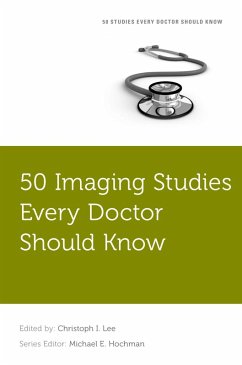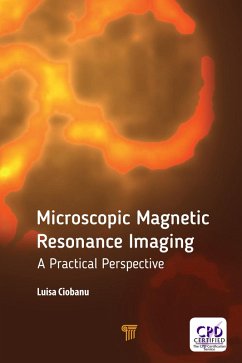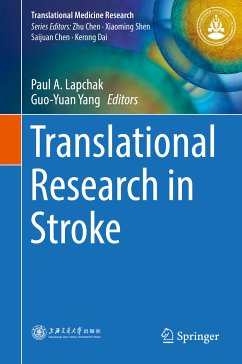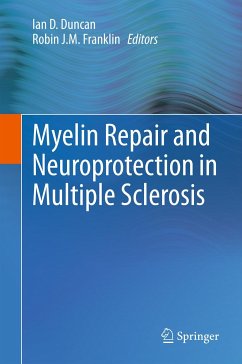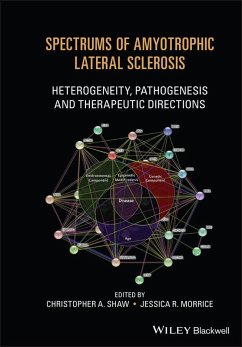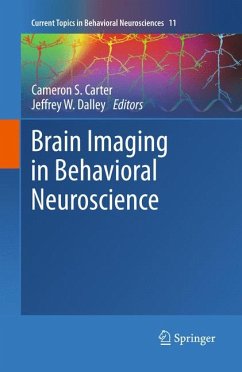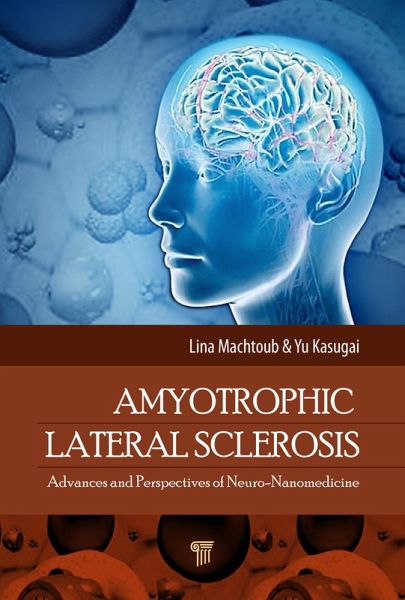
Amyotrophic Lateral Sclerosis (eBook, PDF)
Advances and Perspectives of Neuronanomedicine
Versandkostenfrei!
Sofort per Download lieferbar
113,95 €
inkl. MwSt.
Weitere Ausgaben:

PAYBACK Punkte
57 °P sammeln!
Recently, the implication of biocompatible nanotechnologies has set the stage for an evolutionary leap in diagnostic imaging and therapy. In this scope, the book presents a comprehensive overview of the possible causes, diagnostic criteria, and treatment assessments of amyotrophic lateral sclerosis, and presents the recent findings using innovative
Dieser Download kann aus rechtlichen Gründen nur mit Rechnungsadresse in A, B, BG, CY, CZ, D, DK, EW, E, FIN, F, GR, HR, H, IRL, I, LT, L, LR, M, NL, PL, P, R, S, SLO, SK ausgeliefert werden.





